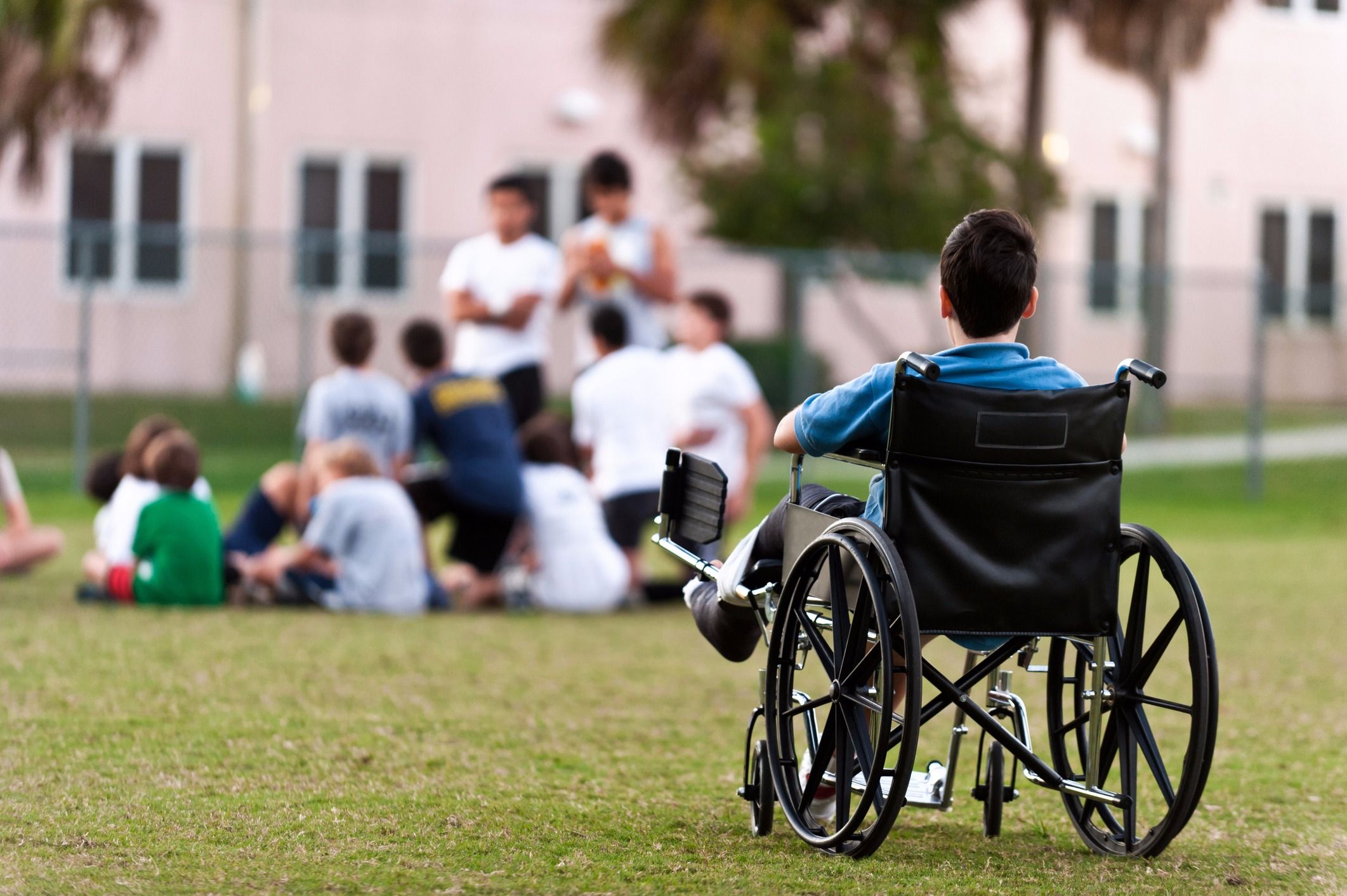By Marc Nkwame |
AS more Tanzanians join the digital world of Information Communication Technology (ICT), the majority of people living with disabilities have been left out, according to stakeholders.
It has been observed that in their quest to optimize profits, equipment suppliers, content producers and mobile communication service providers skip the needs and rights of persons with disabilities wishing to access such services.
Speaking during a special awareness workshop for Information Communication and Technology accessibility among persons with disabilities, the coordinator, Paul Kimumwe from the Collaboration on International ICT Policy for Eastern and Southern Africa (CIPESA) pointed out that it is high time countries formulated special laws to ensure that marginalized groups are also catered for when it comes to such services.
“And if countries have such policies in place, there is the need for legislators to push for their execution, as it seems mobile service providers cater only for a physically able clientele,” he specified.
His observation was also reflected in an assessment tool for measuring mobile communication accessibility for persons with physical disabilities deployed among participants during the just ended workshop on how ICT development side-lined people with special needs.
Dr Eliamani Laltaika, a lecturer from the School of Business Studies and Humanities at the Nelson Mandela African Institute of Science and Technology (NM-AIST), said the society’s mentality and personal stigma contribute in how ICT establishments view the needs of disabled persons.
“Unlike in the past, people should now realize that in the modern era, all is needed for a person to be useful is a healthy brain not peculiar appeal,” he cautioned.
According to the Don, it is usually the persons with physical disabilities that can prove to be extremely good intellectually and especially in Information Communication Technology (ICT), which means once empowered they can perform better than their physically fit counterparts.
Participants realized that mobile handsets are designed for people with hands and those with strong eye sights, while traders and phone service providers are yet to import gadgets that can cater for people without sight or hands.
Ndekirwa Pallangyo, representing the regional chapter for the Federation of Disabled Persons’ Associations in Tanzania (SHIVYAWATA), admitted that people with disabilities have been left out in ICT development.
“And the worst part of it is that even persons with disabilities themselves are unaware that they have been side-lined,” he said, underlining that when it comes to attending to the needs of the physically handicapped, it is important to consider individual requirements.
“There are those who are physically fit except for their sight. Others have impaired hearing, some can’t walk while there are those with no hands, etc. therefore each group need to be handled according to needs,” the activist added.
